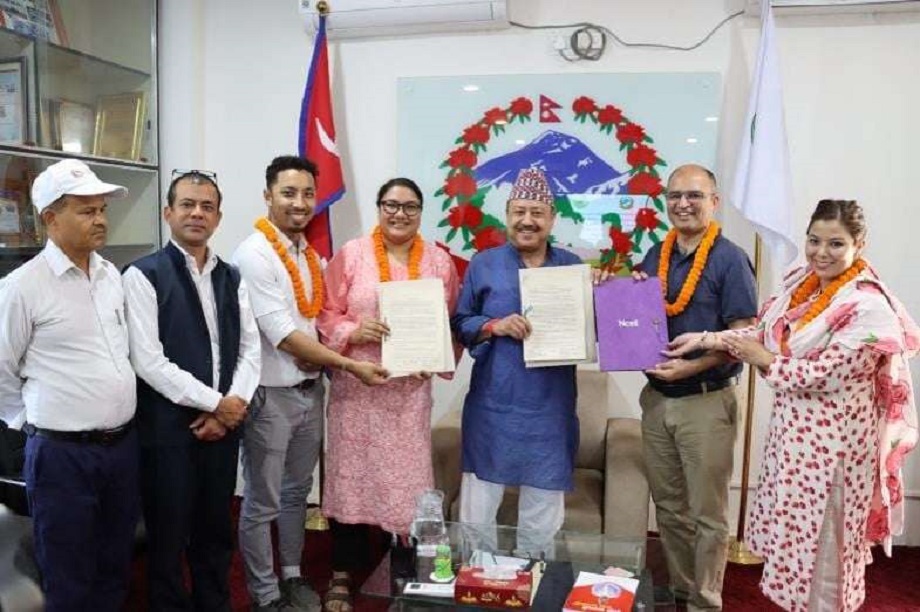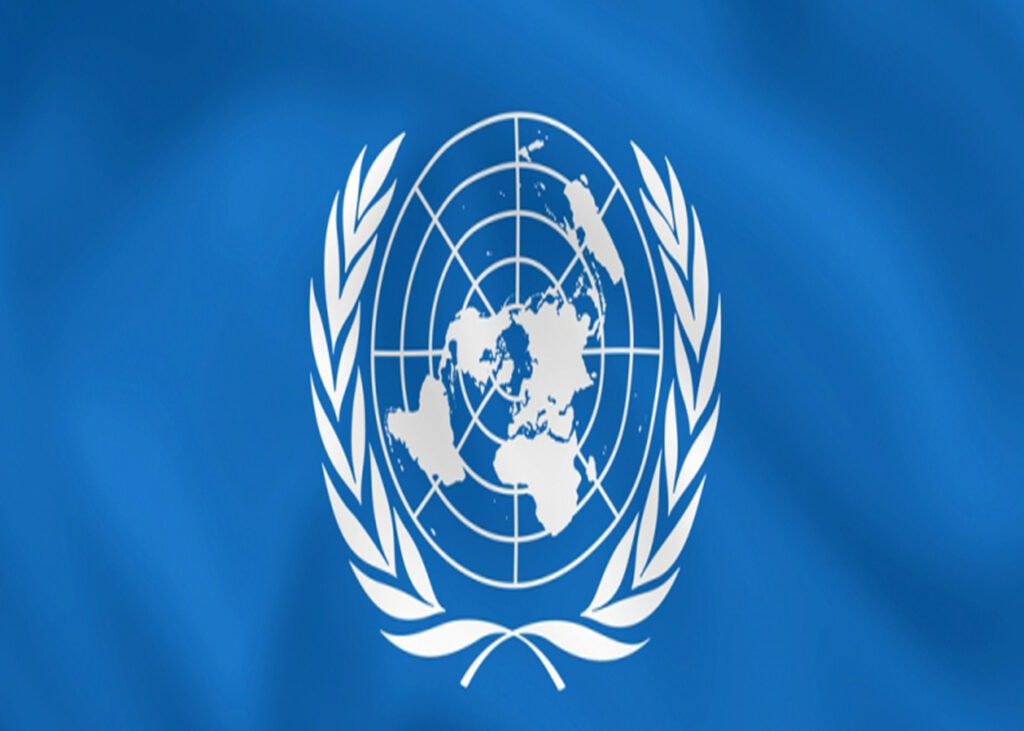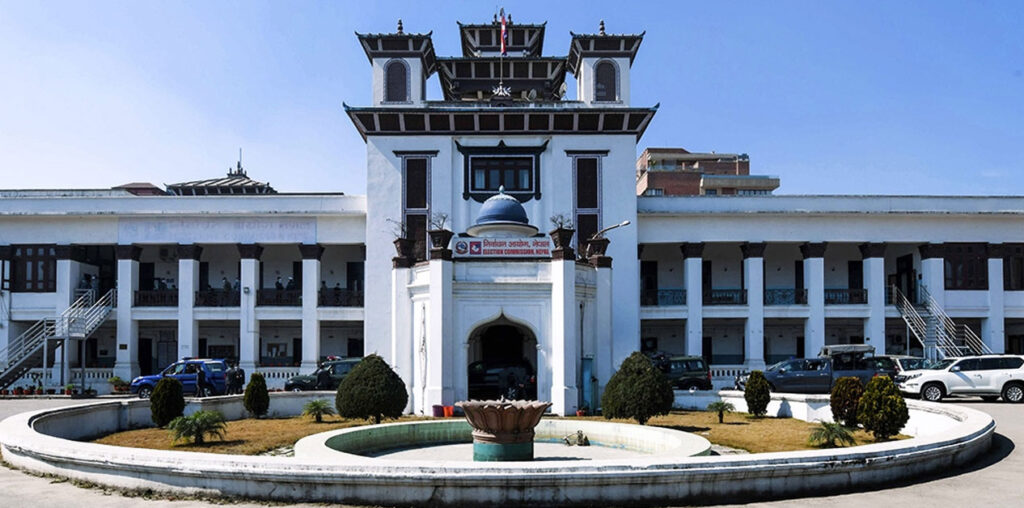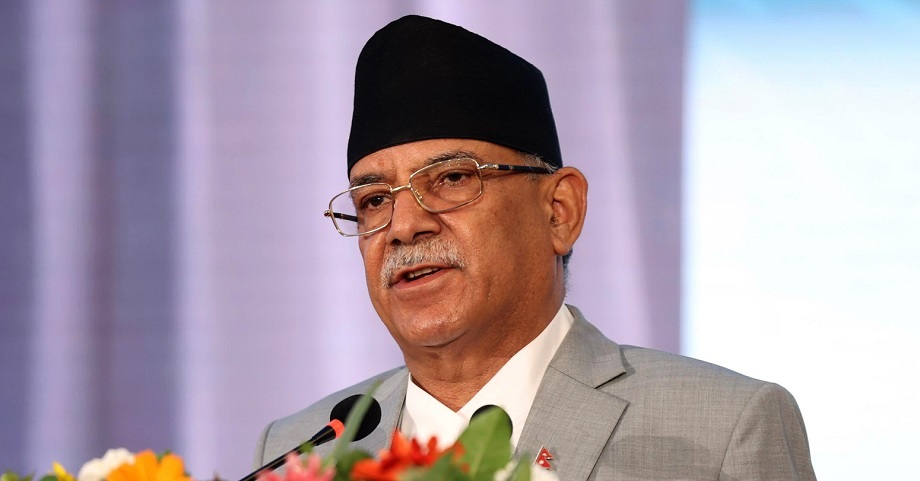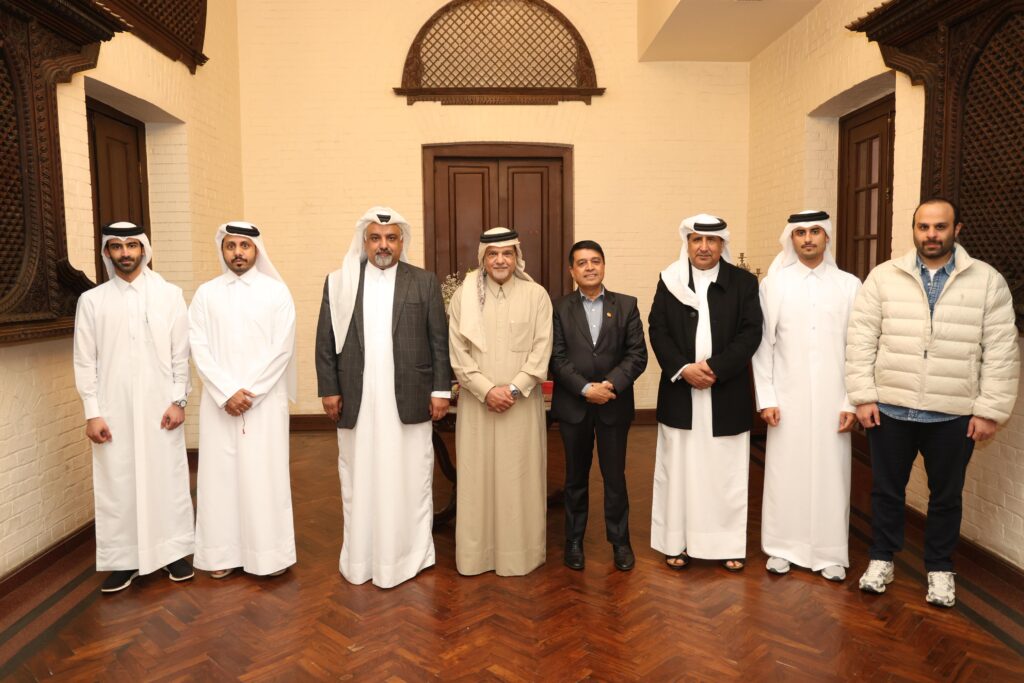Ncell has implemented various social development projects across all seven provinces under its Corporate Social Responsibility (CSR) initiatives. Last year, on the occasion of its 18th anniversary, Ncell announced it would implement 18 social initiatives under the ‘18 for 18’ project, which are now in the implementation phase.
Ncell received more than 165 proposals from all seven provinces in response to a call for proposals for social projects needed at the community level nationwide. After evaluating those proposals, 18 initiatives were selected and are being implemented in various priority areas of CSR.
Selected projects for Bagmati Province include Plastics Waste Management, Digital Literacy, Promotion of Nepali Art and Culture through museums, educational project. In Gandaki, initiatives include School for Out of School Children, which focuses on reintegrating school dropout children, a health-related nutrition and WASH program in Hupsekot, and the Green Box project for environmental protection. Similarly, in Koshi Province, a project has been implemented that aims to conduct cervical cancer screenings for 6,000 women and raise awareness among tourists visiting the country for expeditions. In Lumbini Province, a project is being implemented to develop the concept of Green Schools in various community schools, alongside health camps.
In Madhesh Province, there are skill development programmes aimed at youth capacity development and livelihood support, as well as educational materials and development programmes in schools. Likewise, in the Far West Province, five schools are implementing STEAM education, and teachers from 56 schools in Baitadi District will benefit from training and development programmes. Additionally, a renewable energy promotion program is being carried out. In Karnali Province, extensive programmes on WASH, waste segregation, and the production of compost fertilizer from waste are underway.
The projects were selected based on factors such as the concept of the project, its impact on the community, sustainability, potential for further expansion, project implementation area, and the experience of the organization submitting the proposal. For the ‘18 for 18’ implementation, projects related to Ncell’s priority areas such as education, health, environment, livelihood support, renewable energy, and art and culture were prioritized.
“Under this project, we are implementing a health-related initiative in Chandannath Municipality of Karnali Province, benefiting 22,000 people. In the Far West, the promotion of STEAM education is being implemented as a joint initiative of Dhangadhi Sub-metropolitan City and Karkhana Samuha. Likewise, in Madhesh Province, we are organizing a skill camp targeting young people aged 18 to 25 years, while in Koshi, we are conducting a project to spread public awareness about cervical cancer. These are just some examples,” said Bishakha Lakshmi Khadka, Corporate Communication and CSR Head, Ncell. “We are confident that our projects being implemented in all seven provinces will contribute to the development of the communities.”
In alignment with the priority of assisting the government in achieving the Sustainable Development Goals (SDGs), Ncell has long given CSR a high priority. Under the ‘18 for 18’ project, each initiative has been provided financial support of Rs. 10 lakh for its implementation. Based on the importance and impact of the approved projects, more than two projects have been selected in some provinces.
Since its establishment, Ncell has contributed more than Rs. 2 billion to social projects in various fields including education, environment, and health. Additionally, Ncell, as one of the largest taxpayers in the country, has made a significant contribution to the economy, paying more than NPR 320 billion in taxes and non-tax revenues to the government as of the fiscal year 2023/24.



